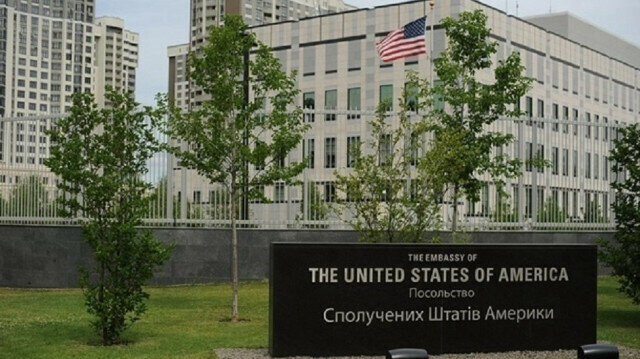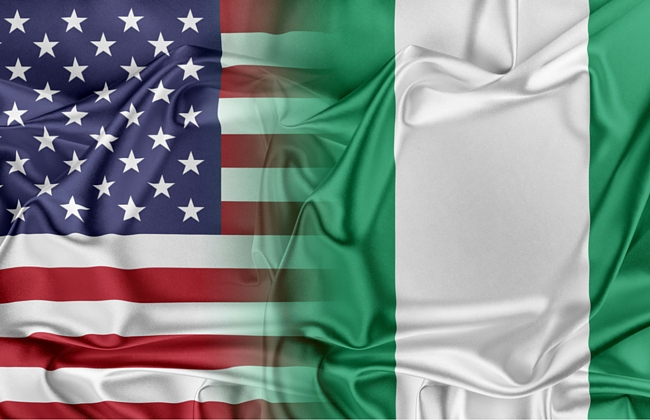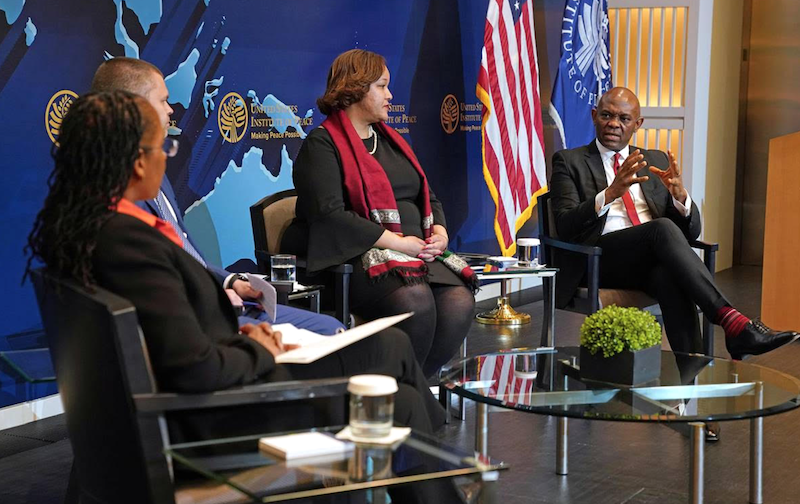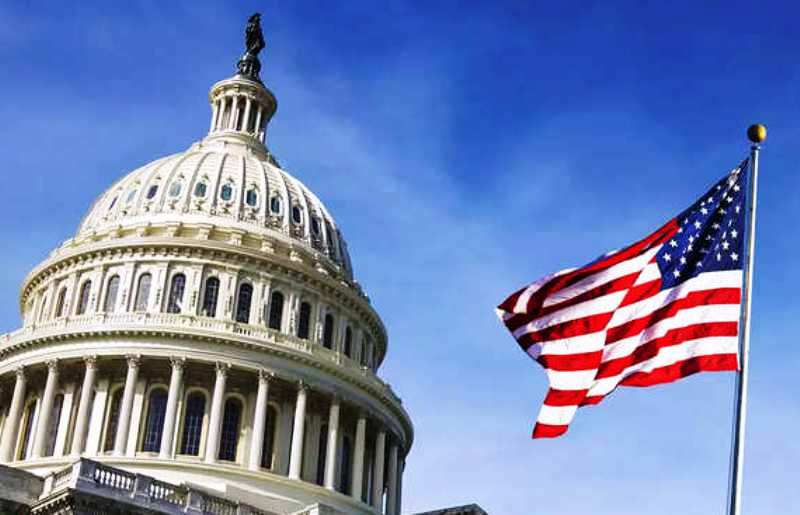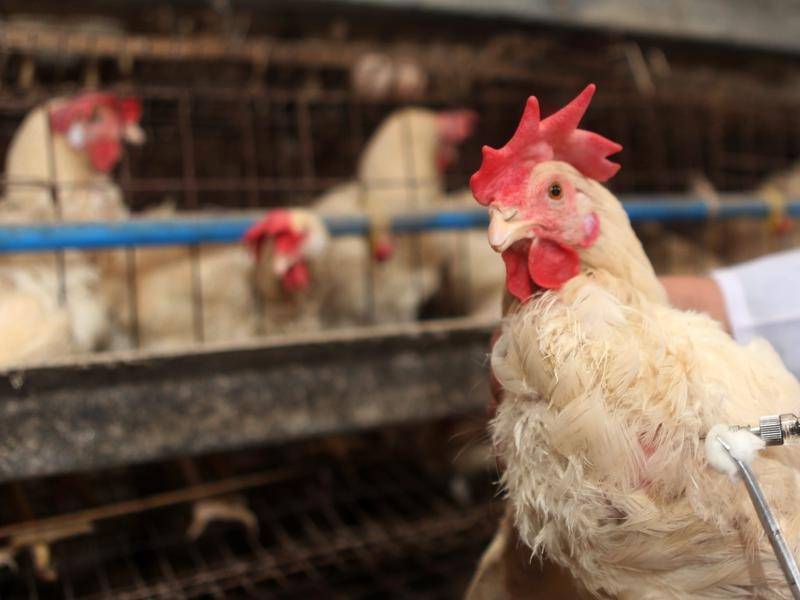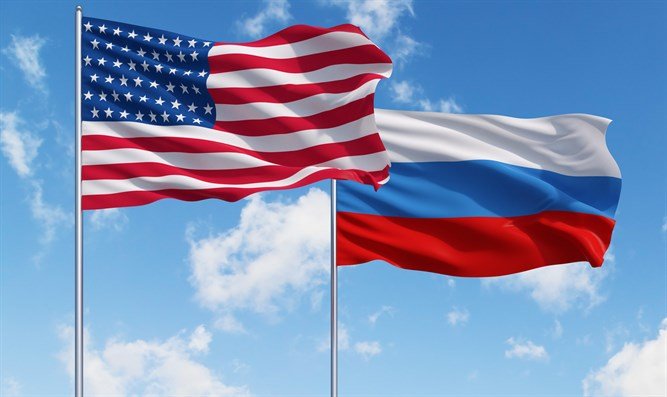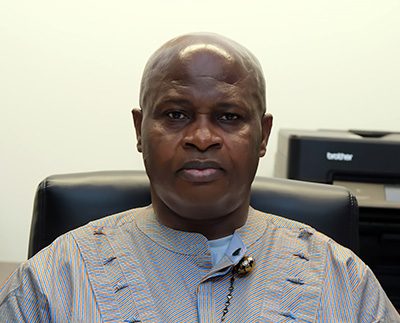Anti-abortion activists and pro-abortion rights supporters took to the streets of Washington on Tuesday after news that the U.S. Supreme Court may overturn the 1973 Roe v Wade ruling which legalized abortion nationwide.
A leaked initial draft majority opinion suggests the court has voted to overturn Roe v. Wade, Politico reported on Monday.
Reuters was not immediately able to confirm the authenticity of the draft opinion.
The Supreme Court and the White House declined to comment.
Within hours of the news, anti-abortion activists chanting “hey, hey, ho, ho, Roe v. Wade has got to go” and abortion rights supporters shouting “abortion is healthcare” were facing off outside the court.
Abortion is one of the most divisive issues in U.S. politics and has been for nearly a half century.
A 2021 poll by the Pew Research Center found that 59 per cent of U.S. adults believed it should be legal in all or most cases, while 39 per cent thought it should be illegal in most or all cases.
“Roe was egregiously wrong from the start,” conservative Justice Samuel Alito wrote in the draft opinion which is dated Feb. 10, according to Politico, which posted a copy online.
Based on Alito’s opinion, the court would find that the Roe v. Wade decision that allowed abortions performed before a fetus would be viable outside the womb – between 24 and 28 weeks of pregnancy – was wrongly decided because the U.S. Constitution makes no specific mention of abortion rights.
“Abortion presents a profound moral question. The Constitution does not prohibit the citizens of each state from regulating or prohibiting abortion,” Alito said, according to the leaked document.
The unprecedented leak sent shock waves through the U.S., not least because the court prides itself on keeping its internal deliberations secret and leaks are extremely uncommon.
The news stunned abortion providers.
On Monday night, Andrea Gallegos, executive administrator at Tulsa Women’s Clinic in Oklahoma, had just finished calling some 25 patients scheduled for abortions on Tuesday to tell them that their appointments would need to be canceled because of a soon to be enacted Oklahoma law modeled on a highly restrictive Texas abortion ban.
“I can’t say that I’m surprised.
“Now all these other conservative states like Oklahoma are passing the exact same legislation that Texas did.
“I have to say I became less optimistic and way more scared for what the future of Roe looks like,” she said.
The ruling would be the court’s most sweeping since former President Donald Trump succeeded in naming three justices to the court, cementing a 6-3 conservative majority.
“The Republican-appointed Justices’ reported votes to overturn Roe v. Wade would go down as an abomination, one of the worst and most damaging decisions in modern history,” said U.S. House of Representatives speaker Nancy Pelosi and Senate majority leader Chuck Schumer – both Democrats.
The news broke a little more than six months before the midterm elections that will determine if Democrats hold their razor-thin majorities in the U.S. Congress for the next two years of President Joe Biden’s term in office.
The decision appeared based on an oral argument in December on Mississippi’s bid to revive its ban on abortion starting at 15 weeks of pregnancy, a law blocked by lower courts.
The report said a court majority was inclined to uphold Mississippi’s abortion ban and that there could be five votes to overturn Roe.
An official ruling is expected sometime before the end of June.
Four of the other Republican-appointed justices – Clarence Thomas, Neil Gorsuch, Brett Kavanaugh and Amy Coney Barrett – voted with Alito in the conference held among the justices, the report added.
After an initial vote among the justices following an oral argument, one is assigned the majority opinion and writes a draft. It is then circulated among the justices.
At times, in between the initial vote and the ruling being released, the vote alignment can change.
A ruling is only final when it is published by the court.
The Roe v. Wade decision recognised that the right to personal privacy under the U.S. Constitution protects a woman’s ability to terminate her pregnancy.
Christian conservatives and many Republican officeholders have long sought to overturn it.
If Roe is overturned, abortion is likely to remain legal in liberal states.
More than a dozen states currently have laws protecting abortion rights.
Numerous Republican-led states have passed various abortion restrictions in defiance of the Roe precedent in recent years.
Republicans could try to enact a nationwide abortion ban, while Democrats could also seek to protect abortion rights at the national level.
Democrats said the draft opinion underscores the importance of this year’s elections, in which they are seeking to maintain control of the House and Senate.
Republican lawmakers criticised the leak, suggesting it was an attempt to inappropriately pressure the court into changing course.
The anti-abortion group the Susan B. Anthony List welcomed the news.
“If Roe is indeed overturned, our job will be to build consensus for the strongest protections possible for unborn children and women in every legislature,” said its president, Marjorie Dannenfelser, in a statement.
